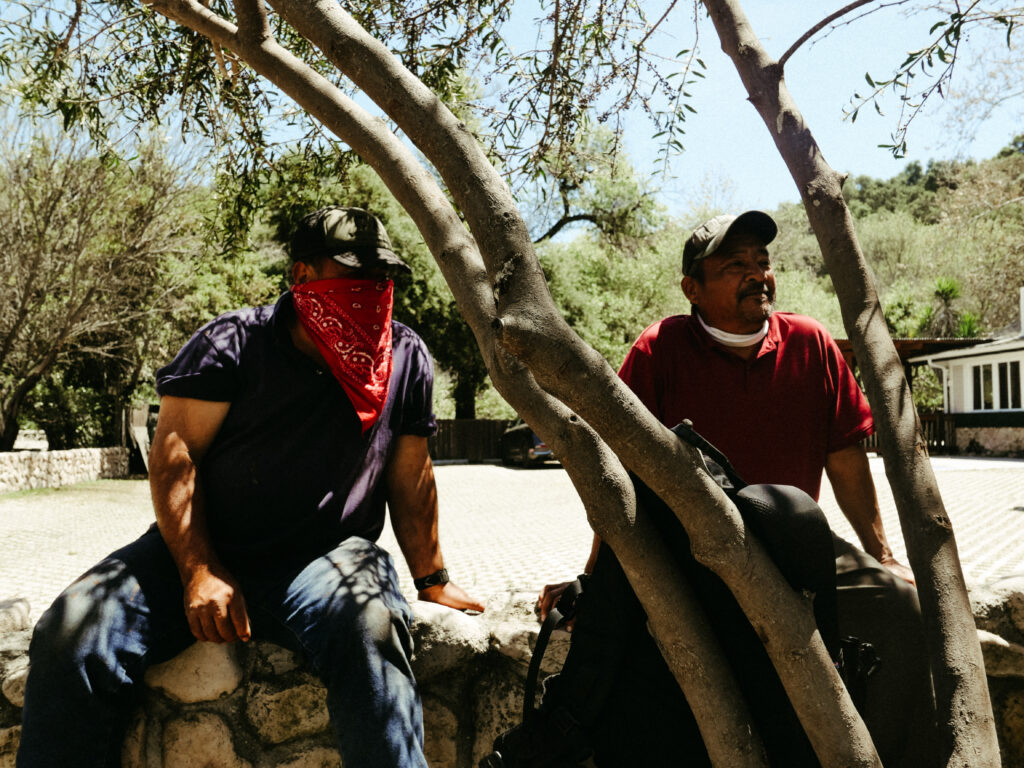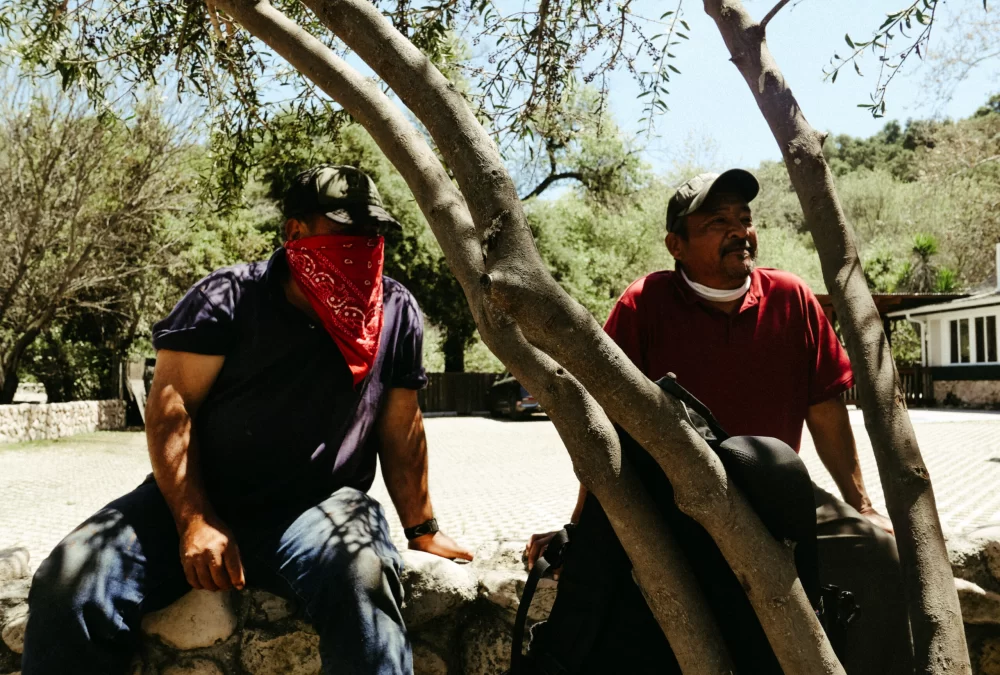
On August 3, Netflix released Immigration Nation, a six-part series that The New York Times called a “rare look inside Trump’s immigration crackdown”. Filmmakers Shaul Schwarz and Christina Clusiau gave viewers unprecedented access into an incredibly secretive organization: ICE and offered remediation to their disruptive use of force, by way of reinforcement and balm known as Resilience Force.
The nonprofit organization is on the frontlines of COVID-19 and climate change by deploying and mobilizing workers to repair entire cities after climate disasters strike. They remind us that the more reinforced these workers feel, the quicker the recovery. Their message is loud and clear: “In the age of COVID and climate change, immigrants are essential. Anti-immigrant sentiment, dangerous policies that affect all of our communities, and especially agencies like ICE, are not essential.”
Resilience Force was founded by Saket Soni who, after Hurricane Katrina, co-founded the New Orleans Workers’ Center for Racial Justice. At the forefront of the labor movement, they went on to win policy victories for workers engaged in the reconstruction of New Orleans by protecting migrant whistleblowers on the front lines of the hospitality and seafood industries from retaliatory firings. In 2011, Saket founded the National Guestworker Alliance, an organization focused on defending the human rights and dignity of guest workers in America, and later went on to found Resilience Force. Saket is recognized as a national expert on post-disaster economies, immigrant rights and the future of work and has testified before Congress and at the United Nations. He co-authored And Injustice For All: Workers’ Lives In the Reconstruction, the most comprehensive report on race in the reconstruction of the post-Katrina Gulf Coast, as well as Never Again: Lessons of the Gustav Evacuation, an account of the inequities in the response to Hurricane Gustav in 2009, which led to new state policies outlining evacuation protocols for vulnerable residents in preparation for disaster.
Their latest labor organization of love is The Workers Lab, a nonprofit based in CA, which works in the labor space through various grant-making opportunities, with the aim of implementing innovative ideas and solutions that build worker power.
“Our economy does not work for the vast majority of working people in this country,” a spokesperson for the organization shares. “The Workers Lab exists to support leaders at the forefront of changing that. The Workers Lab does this by supporting leaders from the non-profit, private, and public sectors to experiment and innovate solutions that expand worker power and well being.”
Led by a board of investors, worker organizers, entrepreneurs, government and labor leaders, and funders such as the Marguerite Casey Foundation, Prudential Foundation, Service Employees International Union, WK Kellogg Foundation, Rockefeller Foundation, and Ford Foundation, The Workers Lab’s Innovation Fund provides entrepreneurs, worker-organizers, and public-sector leaders with resources to test new ideas and find solutions that meet the needs of workers in the 21st Century.
The Workers Lab also organizes Design Sprints for Social Change. For example, in 2018, The Workers Lab convened a panel of experts for a Design Sprint to address the fact that two-thirds of Americans do not have $1,000 saved to cover any unexpected expenses, like a child getting sick or a car breaking down.
The Workers Lab spearheaded California Harvesters, Inc. (CHI), an employee benefit company supplying agricultural labor to growers in California’s Central Valley. This farm labor contracting company was designed to create high-quality farm labor jobs and reinforcement. It is managed by and for the workforce and engages directly with growers for better wages, benefits, and standards in the industry. They started with around 250 farm workers in 2018, and today provide approximately 800 with higher wages, access to benefits, and work directly with growers to set standards in the industry.
This election year we are grappling with climate change, prolonged loss of biodiversity, and a global pandemic. Regenerative agriculture is going to have to be at the forefront of proposed solutions, but of all the subjects bound to come up in this discourse, how well are we doing as a nation to include our resilience workers in this rhetoric? And who exactly makes up the majority of this labor force?
Resilience workers are the vastly immigrant workforce who help rebuild cities after climate disasters. After an environmental disaster hits, more often than not, the very people tasked with rebuilding and healing our cities are unprotected immigrant workers.
Sure, California has the highest agricultural production yield in the country, but can we boast protections for our workers in the fields?
Our country’s labor force is essential to our recovery process. With positive reinforcement by organizations like Resilience Force and The Workers Lab, we have a chance at rebuilding not only sustainably, but in a way that will perpetuate these protections for our labor workers. The road is as long or as short as we chose it to be. We chose with our vote, our dollar, our fork, with our respect for our beautifully resilient labor force.
Learn more about Resilience Force and The Worker’s Lab:





